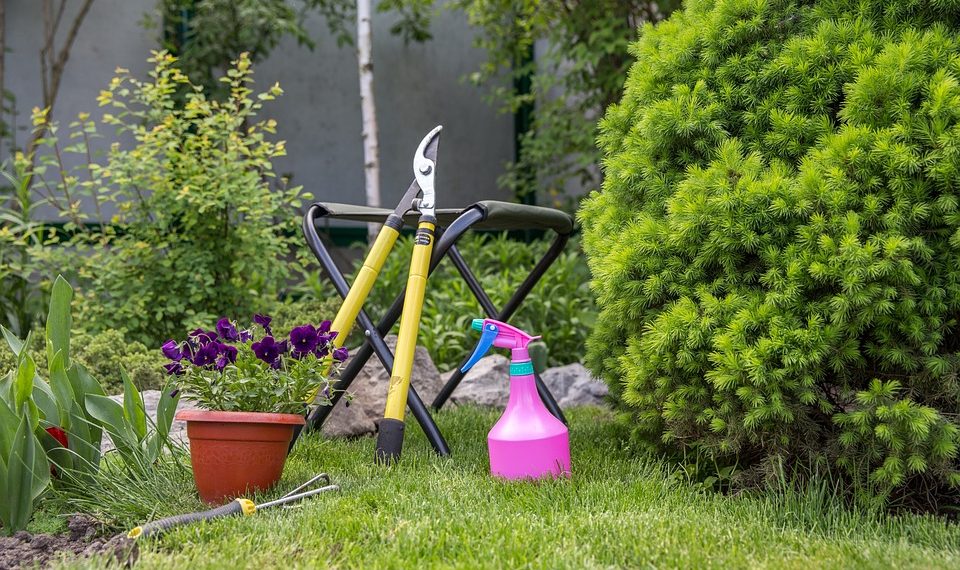Mastering the Art of Seasonal Plant Care: Essential Tips for Thriving Gardens
Seasonal plant care is a key component of maintaining a healthy and vibrant garden throughout the year. By understanding the unique needs of plants during each season, you can ensure that your garden thrives and flourishes. In this article, we will explore essential tips for mastering the art of seasonal plant care, from spring through winter.
Spring Plant Care
Spring is a time of renewal and growth in the garden, making it an important season for plant care. During this time, it is essential to focus on planting new additions to your garden, as well as caring for existing plants. Some key tips for spring plant care include:
- Planting new annuals and perennials to add color and variety to your garden.
- Pruning shrubs and trees to encourage healthy growth.
- Fertilizing plants to provide essential nutrients for growth.
- Watering plants regularly to ensure they have an adequate supply of moisture.
Summer Plant Care
Summer can be a challenging season for plant care, as the heat and sun can take a toll on plants. To ensure that your garden thrives during the summer months, consider the following tips:
- Watering plants early in the morning or late in the evening to avoid evaporation.
- Applying mulch around plants to retain moisture and suppress weeds.
- Deadheading flowers to encourage continuous blooming.
- Monitoring for pests and diseases and taking appropriate action if necessary.
Fall Plant Care
Fall is a time of transition in the garden, as plants begin to prepare for the winter months. To help your garden make a smooth transition, consider the following fall plant care tips:
- Planting fall-blooming bulbs, such as tulips and daffodils, for spring color.
- Cleaning up garden beds and removing debris to prevent pests and diseases.
- Dividing perennials to encourage healthy growth.
- Applying a layer of compost to enrich the soil and provide nutrients for plants.
Winter Plant Care
Winter can be a challenging time for plant care, as cold temperatures and frost can damage plants. To protect your garden during the winter months, consider the following tips:
- Bringing tender plants indoors or covering them with a frost cloth to protect them from freezing temperatures.
- Pruning trees and shrubs to remove dead or damaged branches.
- Providing supplemental water to plants during dry periods.
- Monitoring for signs of frost damage and taking appropriate action if necessary.
Common Plant Care Questions
As you master the art of seasonal plant care, you may have some common questions about caring for your garden. Here are a few frequently asked questions, along with answers to help you navigate your plant care journey:
How often should I water my plants?
The frequency of watering your plants will depend on factors such as the type of plant, the weather conditions, and the soil type. In general, it is best to water plants when the top inch of soil is dry to the touch.
How can I prevent pests and diseases in my garden?
To prevent pests and diseases in your garden, it is important to practice good garden hygiene, such as cleaning up debris and removing dead plants. You can also use natural pest control methods, such as introducing beneficial insects or using organic pesticides.
What is the best way to fertilize my plants?
When fertilizing your plants, it is important to use a balanced fertilizer that provides essential nutrients such as nitrogen, phosphorus, and potassium. Follow the instructions on the fertilizer package for the best results.
Conclusion
Mastering the art of seasonal plant care is essential for maintaining a healthy and vibrant garden year-round. By following the tips outlined in this article and addressing common questions about plant care, you can ensure that your garden thrives and flourishes in every season. Remember to pay attention to the unique needs of your plants during each season, and provide them with the care and attention they need to thrive.
With proper plant care, your garden will not only be a beautiful and inviting space, but also a haven for plants to grow and flourish. By integrating these essential tips into your seasonal plant care routine, you can enjoy a garden that is vibrant, healthy, and thriving throughout the year.


















































